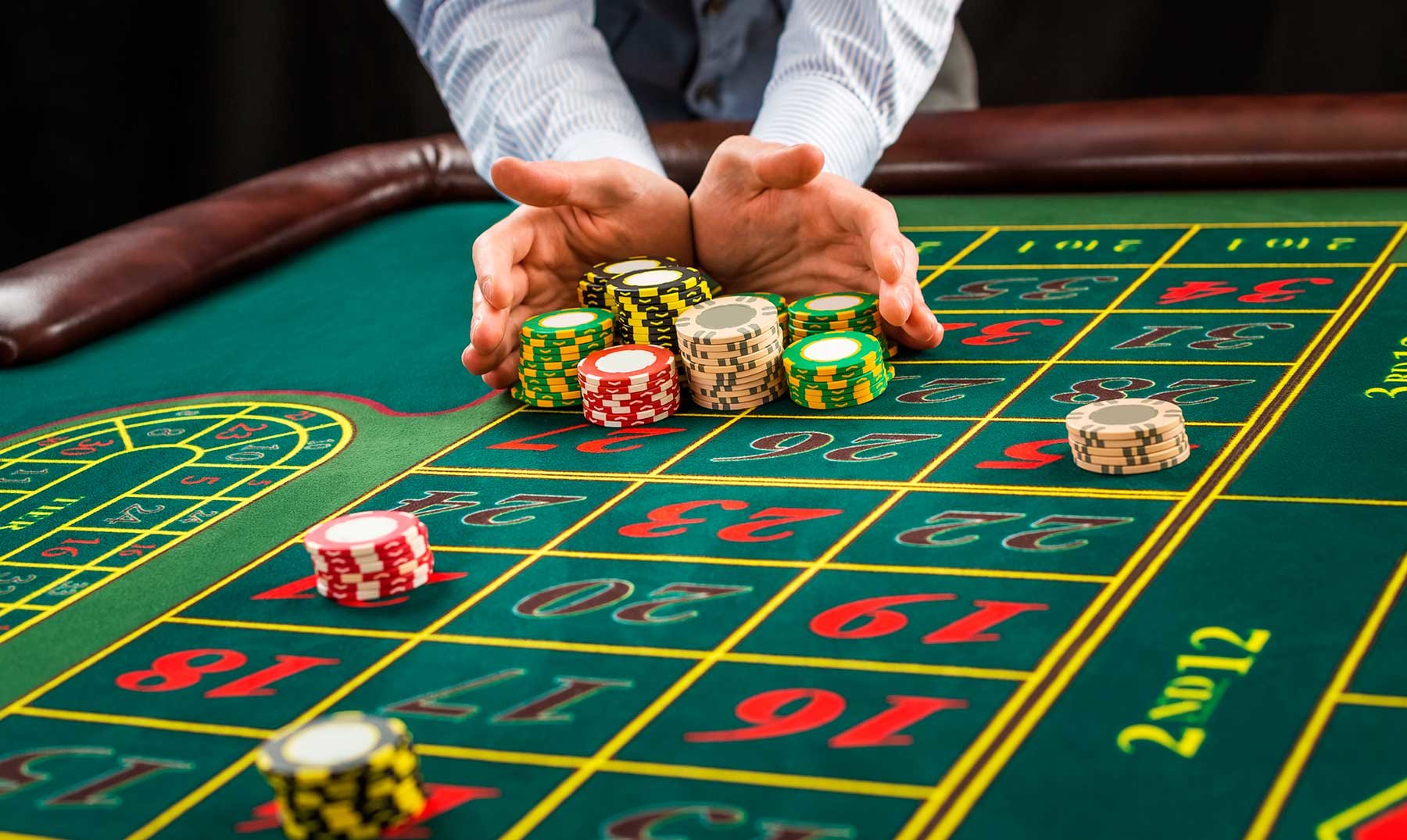In what way Casino Games Mirror the Human Journey

Casino entertainment have long been a staple in human culture, offering not just entertainment but a captivating reflection of our aspirations, ambitions, and concerns. From the turning reels of a slot machine to the skill-based strategies of poker, these games embody a range of human emotions and experiences. đá gà trực tiếp At their core, casino games are more than a chance to earn cash; they are a reflection of life itself, where risk and reward intertwine and luck can change in an eye blink.
As players convene around tables or sit in front of vibrantly illuminated machines, they participate in a tradition that transcends mere playing. These games mirror our innate desires for connection, thrill, and the quest for chance. They also disclose deeper truths about human nature, such as our relationship with chance and the excitement of the unknown. In exploring casino games, we uncover not only the mechanics of play but also the rich tapestry of the human story, showcasing our intertwining narratives of goal and reality.
The Mind Behind Gambling
Wagering is intrinsically connected in the psyche of individuals, tapping into various feelings and desires. The excitement of risk-taking is a fundamental aspect that attracts participants, be it the excitement of spinning a roulette wheel or the anticipation of drawing a winning card in poker. This rush of adrenaline is frequently likened to other forms of thrill, as the uncertainty of outcomes triggers a distinct psychological response. Gamblers often find themselves entranced by the chance of striking it rich, leading to an almost magnetic draw toward gambling games.
Additionally, a crucial component of the psychology behind gambling is the concept of hope and aspiration. Participants often indulge in dreams of financial freedom and the luxurious lifestyle that can accompany winning. This optimism fuels their continued participation in casino games, as it provides a sense of purpose and the belief that a life-changing win could be just one wager away. The narrative of overcoming odds and finding success resonates with many, strengthening their commitment to play and involve themselves with these games.
Lastly, social dynamics play a crucial role in gambling psychology. Casino environments are designed to promote social interaction, where players gather to share the experience of wins and losses. This communal aspect not only enhances enjoyment but also affects behavior, as individuals often imitate the actions of others around them. The collective approval found in mutual thrill can magnify the emotional experience, making casino games a reflection of not just personal desires but also shared involvement within the gambling community.
## The Dual Nature of Risk and Reward
Gambling activities embody the delicate balance between danger and gain that resonates profoundly with human psychology. The thrill of placing a wager is often accompanied by a rush of adrenaline, as participants are confronted with the chance of striking it rich, yet conscious of the possibility to lose. This twofold experience reflects a essential aspect of life: the choices we make often come with inherent risks, and the quest for benefit can push us to embrace risks we might not normally consider. In this way, casino games echo real-world decisions, enticing gamblers to gamble not just their money, but also their aspirations.
The allure of jackpot prizes and payouts fuels a wave of hope, motivating gamblers to dream of a better future that could emerge from a lucky spin of the roulette or turn of a card. This optimism can drive individuals to engage in greater risks, pushing them to extend their limits in search of economic benefit. However, just as in life, the outcomes of these decisions can lead to both victory and failure. The narratives of both jackpot winners and those who have faced losses everything at the tables demonstrate the random nature of luck and its impactful impact on our lives.
Ultimately, the experience of engaging with casino games serves as a potent reminder of the nature of humanity. Every round played is imbued with the tension of risk, as players weigh the rewards against the dangers. This interaction not only highlights the excitement that comes with gambling but also unveils the weaknesses that come with the desire for more. As we explore the challenges of decision-making and consequence in both the casino and in life, we find that the search for benefit shapes our sense of self and lives in profound ways.
Culture and Solitude in Gambling Environment
Casino environment is a unique mix of social interaction and personal endeavor, reflecting the contrasts of human experience. Gamblers often gather around tables, sharing in the thrill of the game, celebrating wins, and commiserating over losses. This social aspect is essential, as it fosters a sense of community and bonding among varied groups of individuals. Regular visitors to gaming establishments may build friendships and develop routines, turning the casino into a alternative home where they feel linked to a greater community of gamblers.
However, the appeal of gambling games can also result to loneliness. As players become engrossed in the excitement of gambling, they may isolate from personal connections or neglect to interact with the environment outside the gaming space. For some, the pursuit of a jackpot can overshadow real connections, leading to loneliness. The situation of being among people yet feeling solitary is not uncommon, as the attention shifts from shared enjoyment to the private concerns of each individual’s path.
This interaction of community and solitude creates a vivid mosaic that defines casino atmosphere. It highlights the intricacy of human interactions, where happiness and sorrow exist together. Gambling venues serve as both a refuge for social engagement and a stage for individual challenges, demonstrating how intimately connected our desire for connection and the individual quest for wealth can be. In navigating this environment, gamblers confront their own narratives—seeking both the rush of the game and the companionship of fellow gamblers, eventually mirroring the wider spectrum of individual experience.
